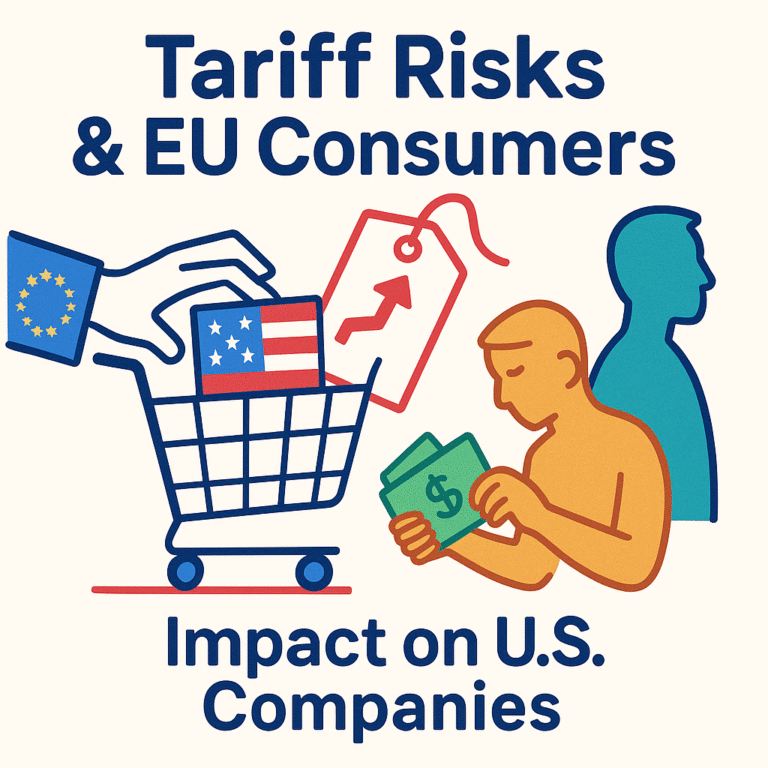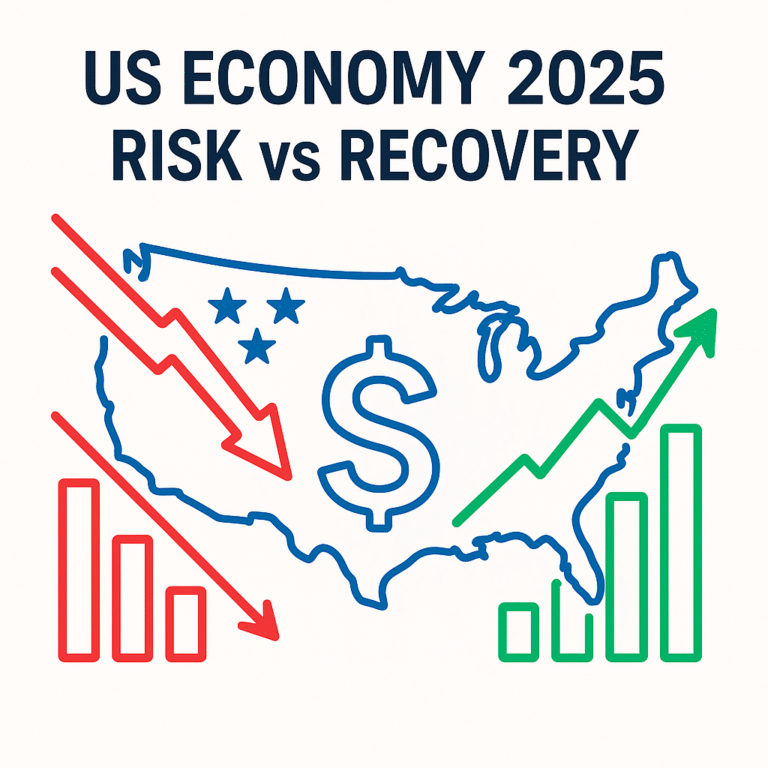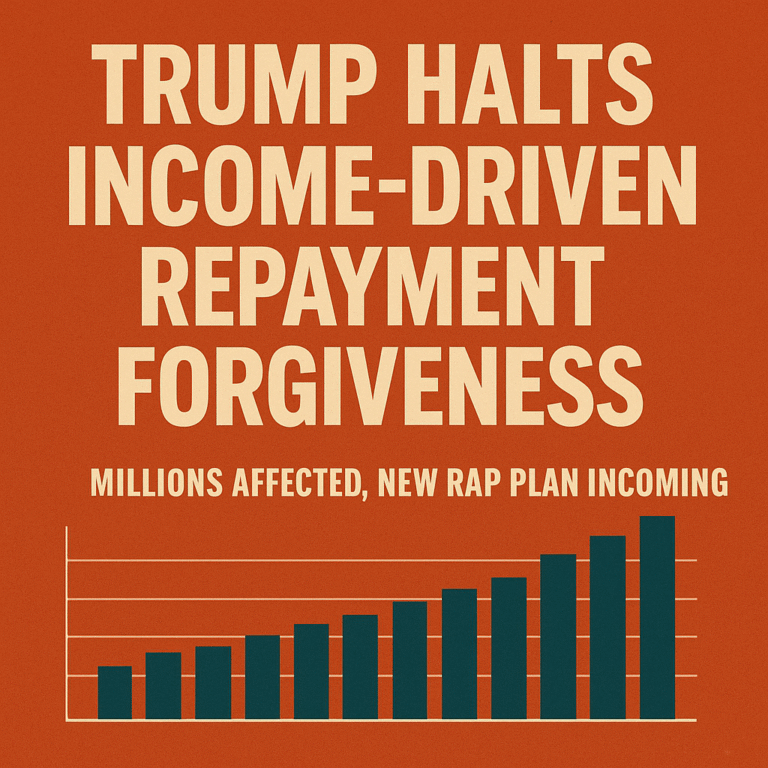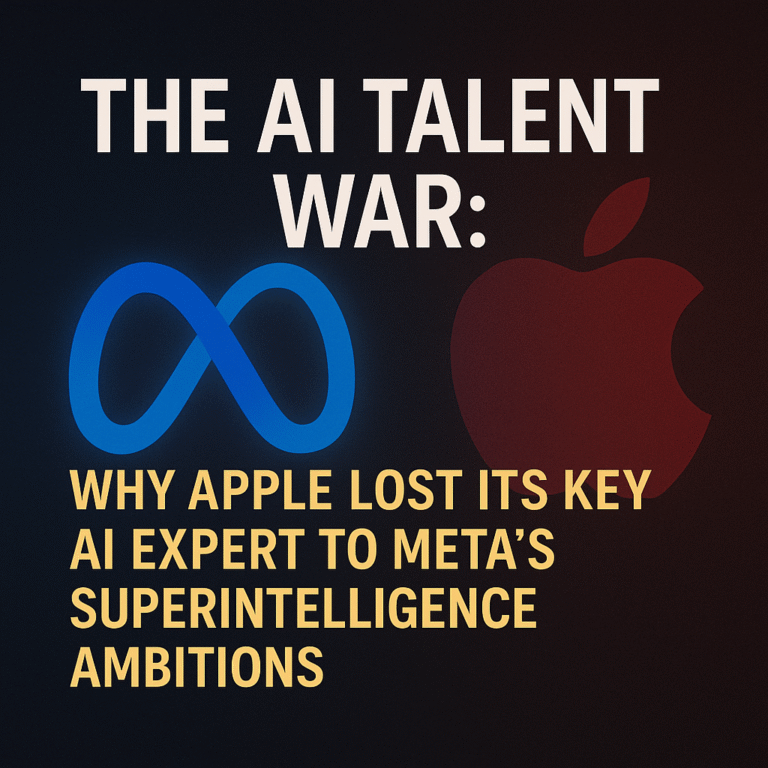Nvidia to Resume H20 AI Chip Sales to China After U.S. Policy Shift
Nvidia receives U.S. government assurances to resume H20 AI chip exports to China after months-long suspension. Analyze the impact on AI chip markets and global tech competition in this comprehensive breakdown.
Key Takeaways
Global AI chip leader Nvidia has finally signaled its return to the Chinese market. On July 15, the company announced through its blog that it had received assurances from the U.S. government regarding export license approval for H20 AI chips to China. This means H20 chip sales, suspended since April, could resume soon.
This decision is expected to mark a new turning point not only in the AI chip market but also in the U.S.-China tech rivalry. Nvidia recorded $2.5 billion in lost revenue from halted H20 chip sales in Q1 alone, with total related costs reaching $5.5 billion.
Background and Timeline of H20 Chip Sales Suspension
The Beginning of Export Control Tightening
Nvidia’s H20 chip was originally designed specifically to circumvent U.S. export controls on AI chips to China. This chip was created with reduced performance compared to the existing H100 chip to avoid being subject to export restrictions.
However, in April, the U.S. government notified Nvidia that H20 chip sales would also require licenses. This effectively brought H20 chip sales to China to a complete halt.
Nvidia’s Massive Losses
The tightened export controls dealt a severe financial blow to Nvidia. The company processed $4.5 billion in H20 chip-related costs in Q1 and recorded an additional $2.5 billion in lost revenue. Overall, the company faced a $5.5 billion burden.
Nvidia CEO Jensen Huang strongly criticized the situation during the May earnings call, stating that “export controls have effectively closed the Chinese market.” In June, the company even announced it would exclude the Chinese market from its revenue forecasts.
Signals of Policy Shift
Trump Administration’s Approach Change
Nvidia’s H20 chip sales resumption approval signals a shift in the Trump administration’s China tech policy approach. According to NPR reports in April, the Trump administration decided to lift the H20 chip ban after a Mar-a-Lago dinner.
This could represent a transition from the Biden administration’s comprehensive tech blockade policy to a more selective and pragmatic approach.
License Approval Process
Nvidia is currently submitting H20 chip export license applications to the U.S. government. The company announced that U.S. government officials have already assured Nvidia that licenses would be approved.
However, the procedural burden of applying for licenses individually for each sale remains.
Market Impact and Outlook
Nvidia Revenue Recovery Prospects
With H20 chip sales resumption, Nvidia can expect significant revenue recovery. China was one of Nvidia’s major markets, and demand from Chinese companies for H20 chips remains high.
According to Bloomberg analysis, this decision could allow Nvidia to generate billions of dollars in additional revenue this year.
Impact on China’s AI Ecosystem
H20 chip sales resumption is expected to have a positive impact on China’s AI development ecosystem. Chinese companies have been experiencing project delays and increased costs due to AI chip supply shortages.
Particularly with Chinese AI startups like DeepSeek gaining attention, improved access to high-performance AI chips could lead to enhanced competitiveness in China’s AI industry.
Global AI Chip Market Competition Landscape
Nvidia’s return to the Chinese market is expected to bring changes to the global AI chip market competition landscape. With expanded market share in China, Nvidia could further consolidate its dominant position in the AI chip market.
Conversely, competitors like AMD and Intel may lose opportunities in the Chinese market.
Future Outlook and Risk Factors
Policy Uncertainty
Even with Nvidia’s H20 chip sales resumption confirmed, uncertainty in U.S.-China tech rivalry remains. The possibility of export controls being tightened again due to future political changes cannot be ruled out.
Technology Self-Reliance Competition
China has continued efforts to increase technological self-reliance in AI chips. Despite H20 chip supply resumption, China’s domestic AI chip development efforts are expected to continue.
Global Supply Chain Stability
The prolonged U.S.-China tech dispute will continue to pose threats to global AI chip supply chain stability. Companies need to further strengthen supply chain diversification and risk management strategies.
Finding New Balance in U.S.-China Tech Relations
Nvidia’s H20 AI chip sales resumption approval to China represents a process of finding new balance in U.S.-China tech rivalry. It suggests that selective and pragmatic approaches, rather than comprehensive tech blockades, could benefit both countries.
However, this is just the beginning. How to balance future AI technology development with national security concerns will be a key factor determining the future of the global technology ecosystem. Companies like Nvidia face the challenge of maintaining competitiveness in global markets while continuing innovation amid such uncertainty.
The resumption of H20 chip sales marks not just a corporate victory for Nvidia, but a significant milestone in the evolving landscape of international tech policy. As the AI revolution continues to reshape industries worldwide, the ability to navigate geopolitical complexities while fostering innovation will determine which companies and nations emerge as leaders in the next technological era.







